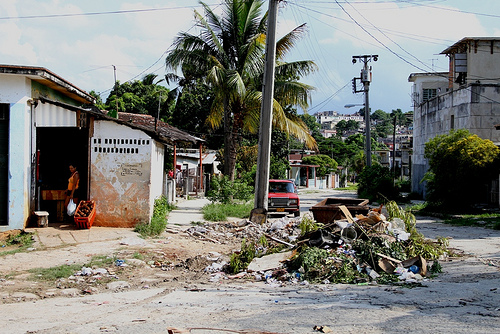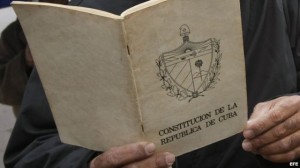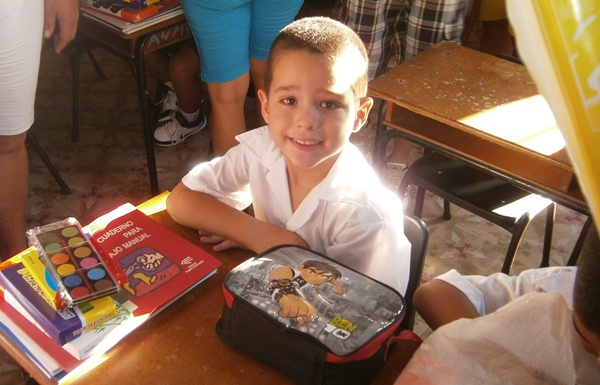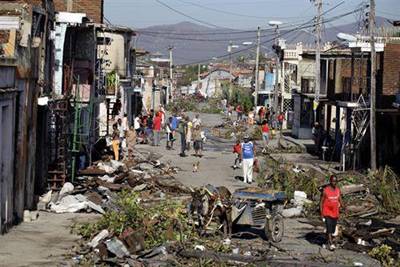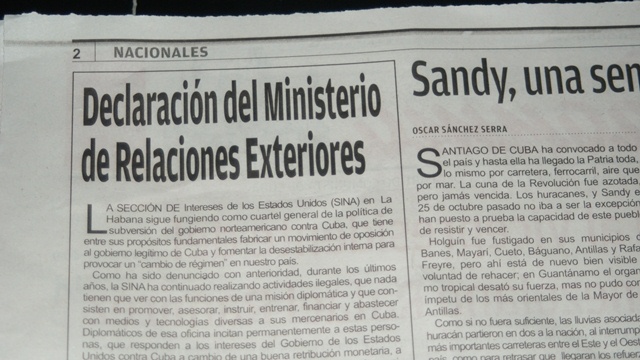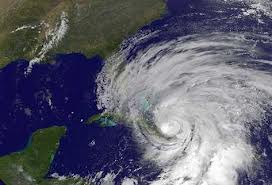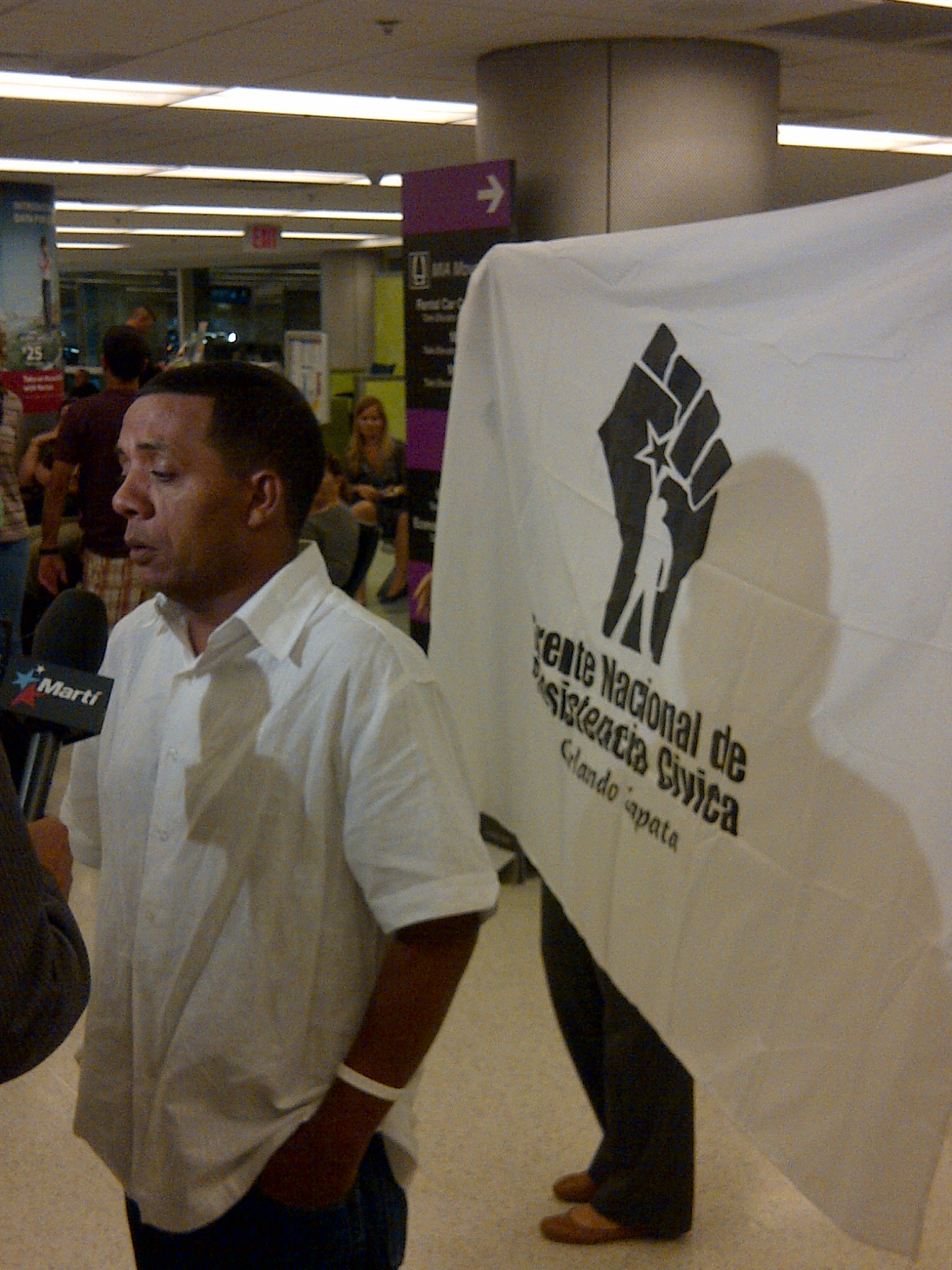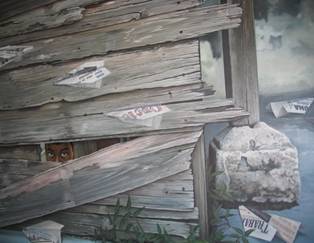
The debate about possible ways to move through the Cuban economy in order to emerge from its prolonged crisis attracts the attention of different specialists both within and outside the country. This is good because it represents a qualitative change with respect to the times in which there prevailed a single opinion. That there exist different points of view, and, at least on the informal and semi-formal plane, serious arguments are debated, leaving aside political and ideological Manicheism, allows us to have some level of optimism.
There are those who consider it possible to update the model, achieving some more or less profound changes, but without altering its socialist essence, citing its achievements in health, education, social assistance, etc. They only differ in the higher or lower speed at which they should be executed. Others think that it is impossible to update the model and that it must be changed, citing its complete economic failure and its manifest incapacity to create wealth. Between these two positions are debated other intermediary ones, taking aspects of some and of others, plus some alien to both.
Finding the ways to go is no easy task: There is more than 50 years of experiments, misunderstandings, mutual aggressions, insults, offenses, extremism, dogmatism, imposition and lack of respectful dialogue between the parties in conflict, that weigh on current subjects.
To shed this negative weight is essential if we want to find the best ways or, at least, more practical ones at this historic moment. There is another reality that conspires against it, and this if the issue of the necessary political and social changes that enable, facilitate and consolidate the economic changes, which seem to be a taboo subject for the established authorities. Without them, everything that is done will lack permanence because they can rescind it at any time given a political situation, something that has happened before.
In order for the changes conceived within the intended update of the model to have lasting effect and to encourage the creation of wealth — the only source of citizen prosperity and of the maintenance and perfection of the health, education, social assistance, and other programs that are incorporated — it is essential to have a political and social structure different from the current one, capable of consolidating and developing these changes.
It is a secret to no one that the eminently totalitarian character currently in force, is not the best. Its inability to maintain achievements reached during the Republic, and to create other new ones, has been demonstrated by more than fifty years of ineffectiveness in the exercise of absolute power. This makes one think of more democratic ways, consistent with our national characteristics, to assure real citizen participation in the government of the Nation.
Although I do not reject outright the update plan as a primary solution, because what it represents for some minimal improvement for some population sectors, I prefer to change the model, because I do not think it is possible to update it: it has been erroneously built from its foundations and, finally, it will have to be demolished. It is just that, the more time it takes to happen, the privations and difficulties will be unnecessarily prolonged, to the disgrace of our citizens and the country.
October 29 2012






